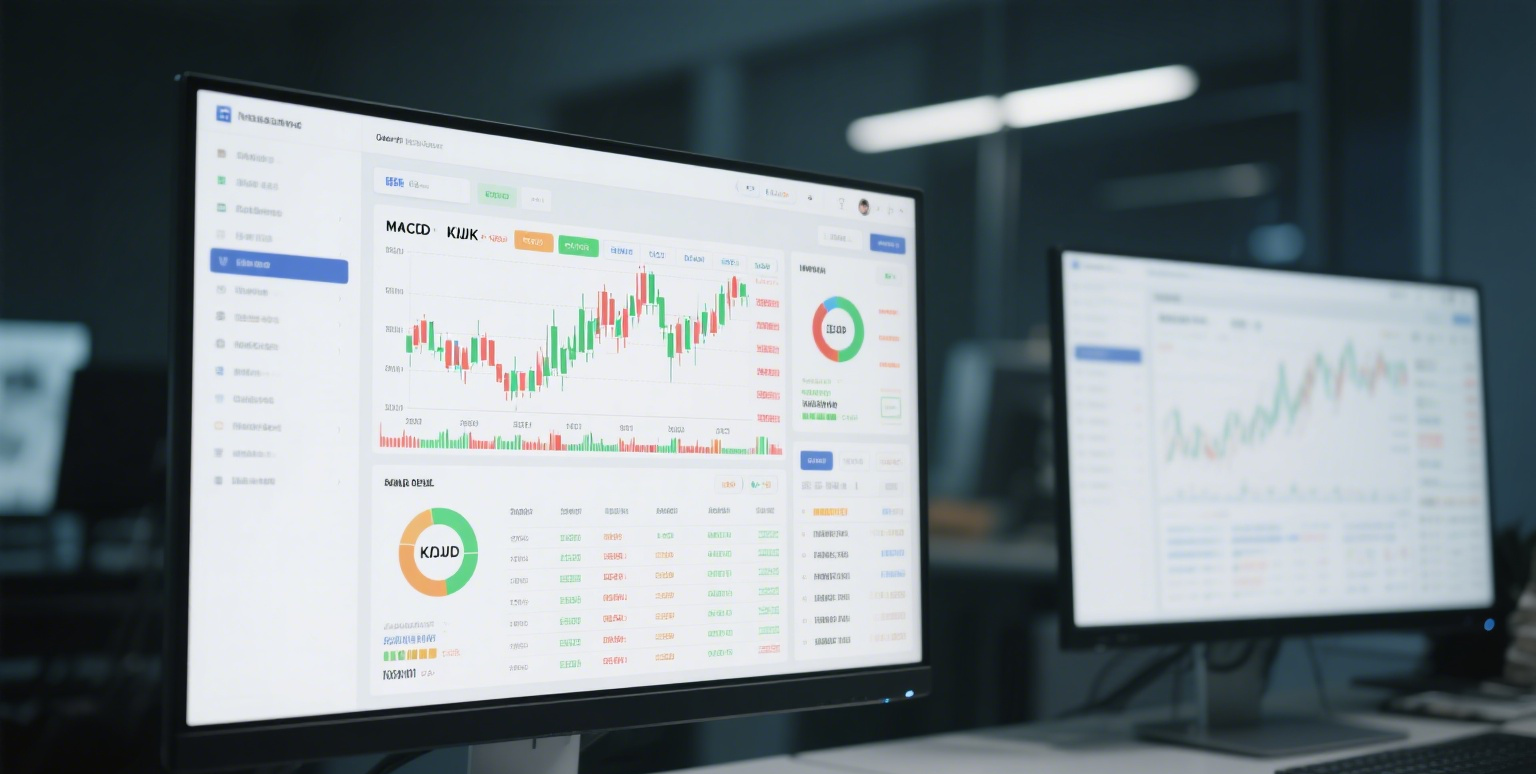
What is a Contract for Difference (CFD)?
A CFD (Contract for Difference) is a type of trading instrument and a popular way for investors to access financial markets. While brokers offer traditional asset classes like forex, commodities, and spot metals, they also provide CFDs. Unlike these assets, a CFD is a derivative trading product, meaning its value is derived from the price movements of an underlying asset.
CFDs are popular financial instruments and a key component of a trader’s portfolio. However, fully understanding the pros and cons of trading CFDs can be challenging, especially for beginners.
When a trader chooses to trade CFDs, they enter into a contract with their broker. The trader ("buyer") and the broker ("seller") agree to speculate on the price movement of an asset under market conditions. While predicting market trends, traders must note the key difference between CFDs and traditional trading:
CFDs allow traders to speculate on price movements without owning the underlying asset. Since no physical asset is held, CFD traders can avoid certain drawbacks and costs associated with traditional trading.
















